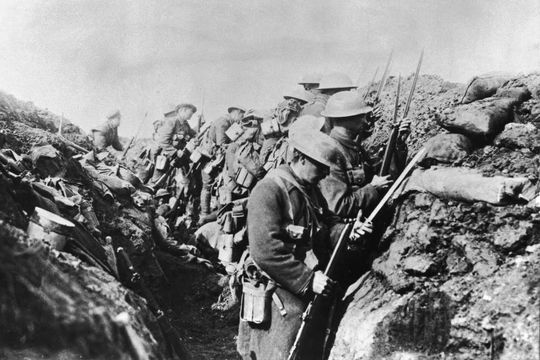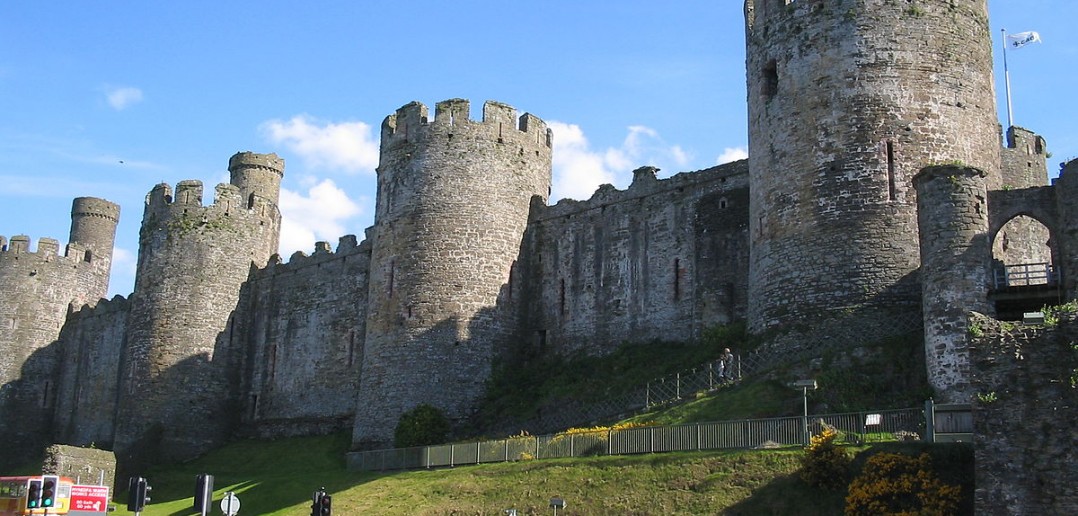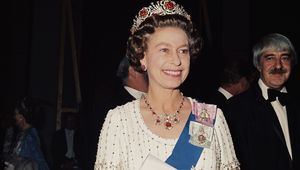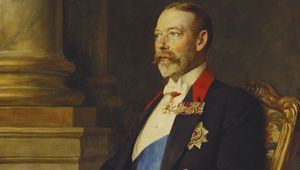
Canadian soldiers on the Western Front during World War I's Battle of the Somme in 1916.Getty
August 4th, 1914, marked a pivotal moment in history when Britain declared war on Germany, pledging its support to Belgium and France. This significant decision catapulted the world into a cataclysmic conflict, now known as World War I. Britain's declaration extended to Turkey due to its alliance with Germany, igniting a global struggle that would have far-reaching consequences.
In the late 19th and early 20th centuries, Europe was embroiled in a series of diplomatic tensions and military alliances, creating a volatile political landscape. The assassination of Archduke Franz Ferdinand of Austria-Hungary in Sarajevo on June 28, 1914, by a Serbian nationalist proved to be the spark that set off a chain reaction leading to war. Austria-Hungary declared war on Serbia, prompting a web of alliances to come into play.
As Austria-Hungary's declaration of war on Serbia set off a chain of events, Germany pledged its unconditional support to Austria-Hungary. In response, Russia mobilized to support its Slavic ally, Serbia. Germany then declared war on Russia on August 1, 1914, and its subsequent invasion of neutral Belgium on August 4th marked a crucial turning point.
Upon Germany's invasion of Belgium, Britain, bound by a treaty to protect Belgium's neutrality, issued an ultimatum demanding Germany withdraw its troops. Germany refused, and on August 4th, 1914, Britain declared war on Germany, committing itself to defend Belgium and support France in the process. This declaration brought the British Empire, the largest and most influential empire of the time, into a global conflict.
Germany's alliance with the Ottoman Empire, a powerful state in the Middle East, drew Britain's attention further. As a consequence of the entente between Britain and France, Turkey's involvement with Germany led to Britain declaring war on Turkey as well.
World War I's cost
World War I, also known as the Great War, was a brutal and prolonged conflict that lasted from 1914 to 1918. The war involved major global powers and divided the world into two opposing alliances: the Allies (led by Britain, France, Russia, and later joined by the United States) and the Central Powers (led by Germany, Austria-Hungary, and the Ottoman Empire).
The war was characterized by trench warfare, intense artillery bombardments, and the use of new and deadly weapons, including chemical warfare. The battles were fought across Europe, the Middle East, Africa, and the Pacific, with some of the most notable battles including the Battle of the Marne, Battle of Verdun, and the Gallipoli Campaign.
World War I was one of the deadliest conflicts in history, resulting in an estimated 9 million military deaths and 7 million civilian deaths. The war's relentless nature and new, devastating weapons led to unimaginable suffering and loss of life.










Comments